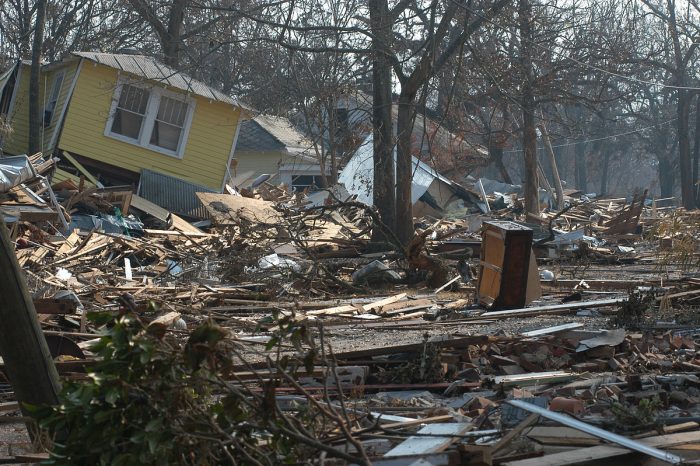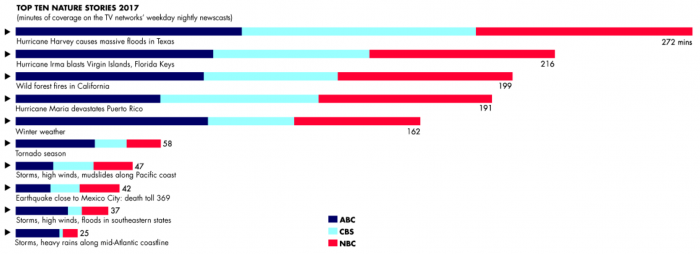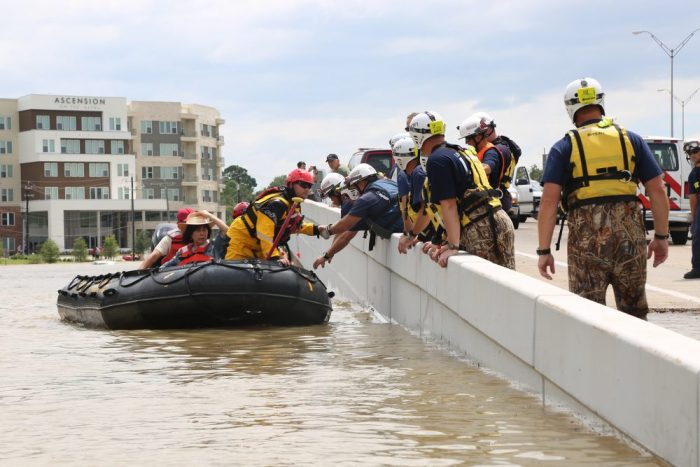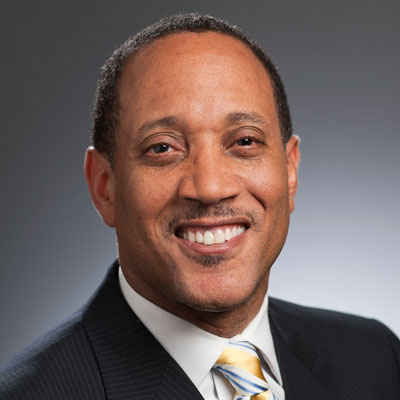The Importance of Advance Preparation for Disasters
One might ask why I, as the CFO of a major foundation, would lead a team to determine how to respond to a natural or humanitarian disaster. First, I would say that helping others is part of everyone’s being regardless of professional role. Second, in my previous work life, I had the opportunity to work […]

One might ask why I, as the CFO of a major foundation, would lead a team to determine how to respond to a natural or humanitarian disaster. First, I would say that helping others is part of everyone’s being regardless of professional role. Second, in my previous work life, I had the opportunity to work for an international NGO and we had supported efforts post-Tsunami that impacted Southeast Asia. At that time, many healthcare providers had perished and our organization spent several years building a new generation of healthcare professionals for the region.
At the Annie E. Casey Foundation, our mission is to ensure that all children and families have the same opportunities for success. Prior to my arrival at the foundation, Hurricane Katrina impacted vulnerable children and families in many underserved communities and we responded with longer term solutions versus the near term relief efforts that major organizations focus on.
Several years ago, the Center for Disaster Philanthropy (CDP) worked with my team to identify what disasters were consistent with the mission of the foundation. We clearly recognized that we could not be “everything for everybody,” and wanted to determine which projects made sense for us given our mission and values. We wanted to invest our time and resources while being consistent in our approach for recommending funds.
We now monitor both natural and humanitarian efforts as they arise. By having this “turn-key” approach, we have been able to identify organizations that will focus on the recovery phase of a disaster. In too many instances, everyone’s focus is on the most recent disaster and past or smaller disasters get lost since the recovery can take weeks, months, or even years.
At the Annie E. Casey Foundation, we have our own Disaster Response Team (DRT). While we do not plan to be “first responders,” we are currently working in concert with CDP to evaluate how we plan to respond to the devastating effects of hurricanes Harvey and Irma while staying true to our mission and the needs of the communities that we serve.
More like this

The Politics of Disaster Coverage

